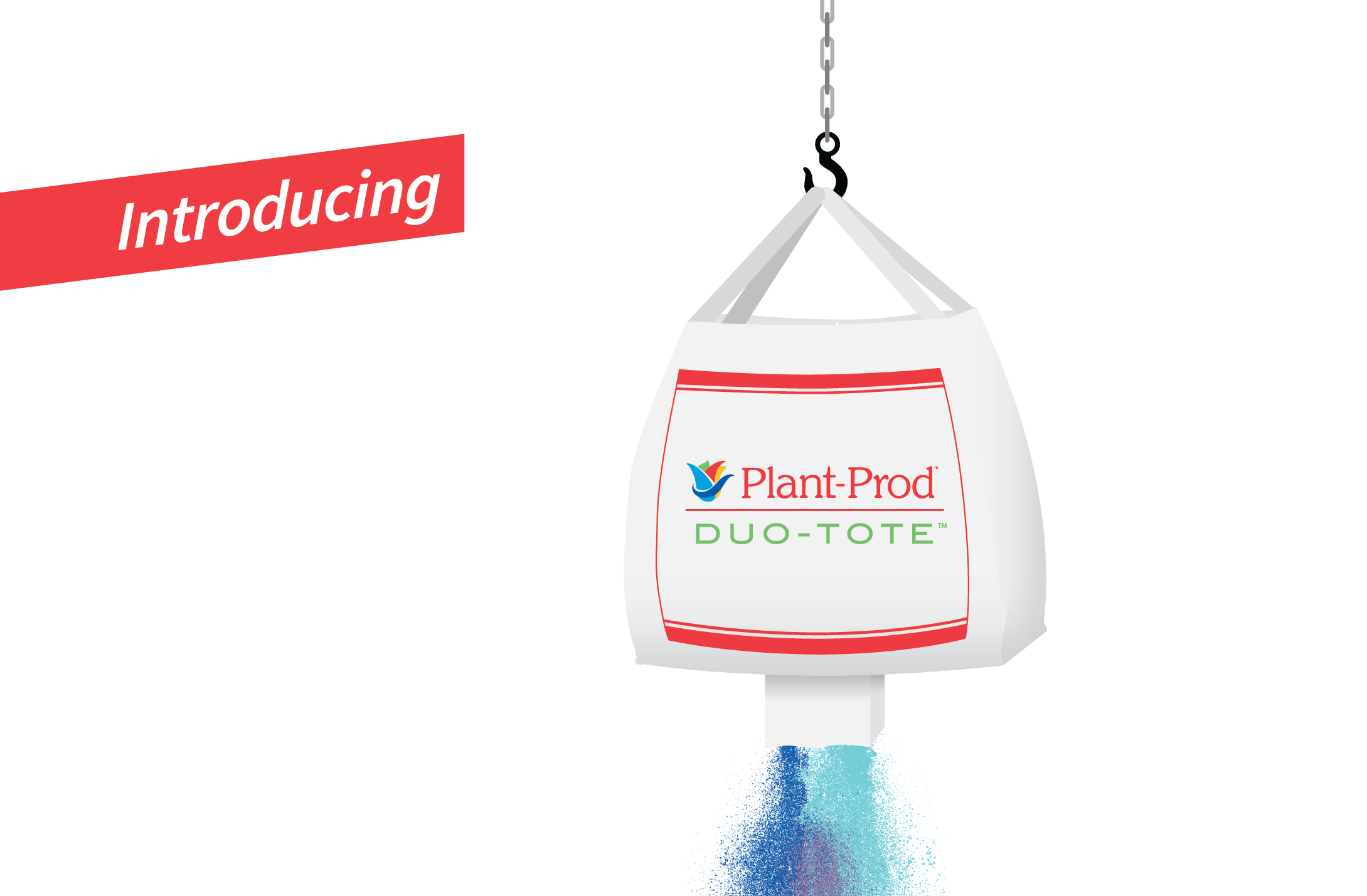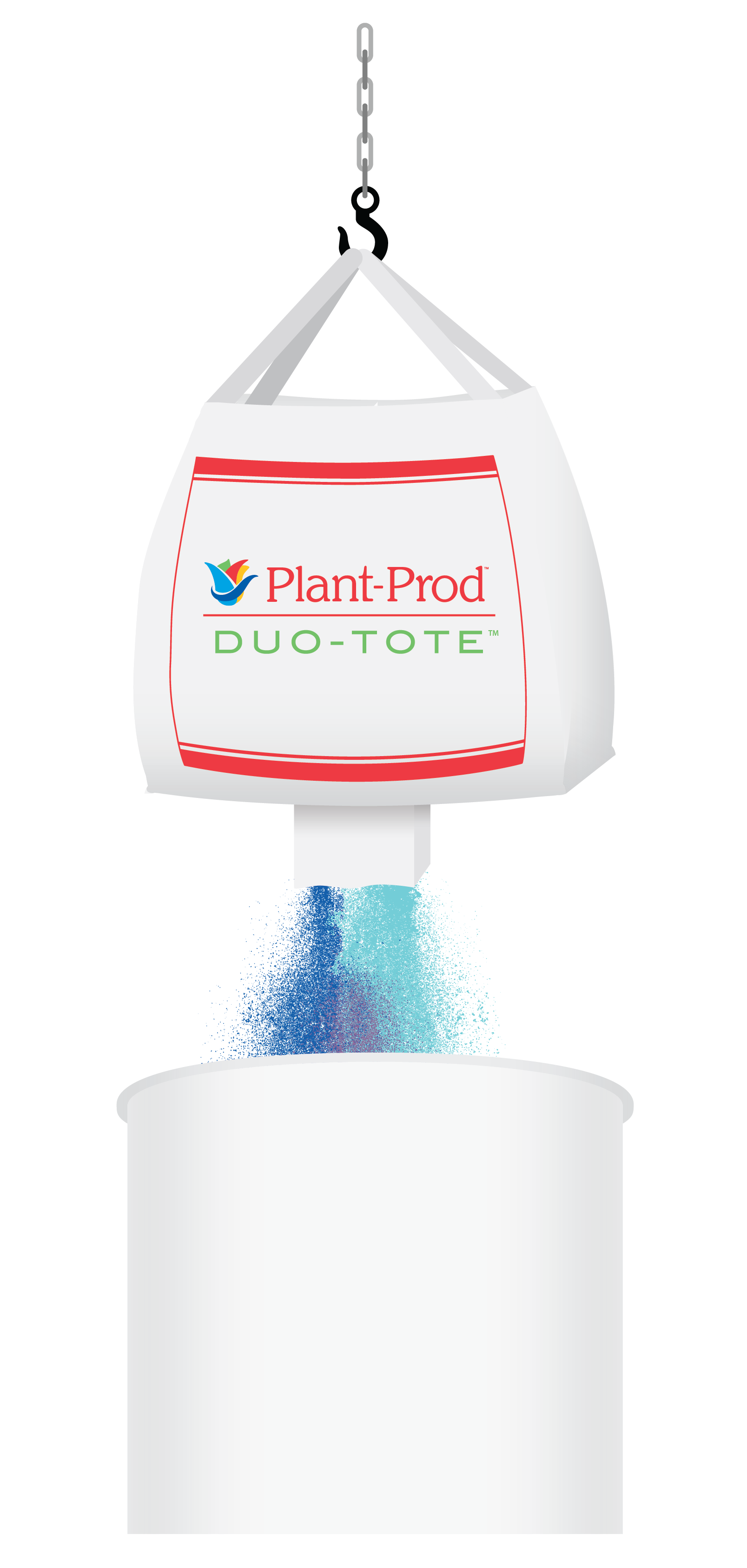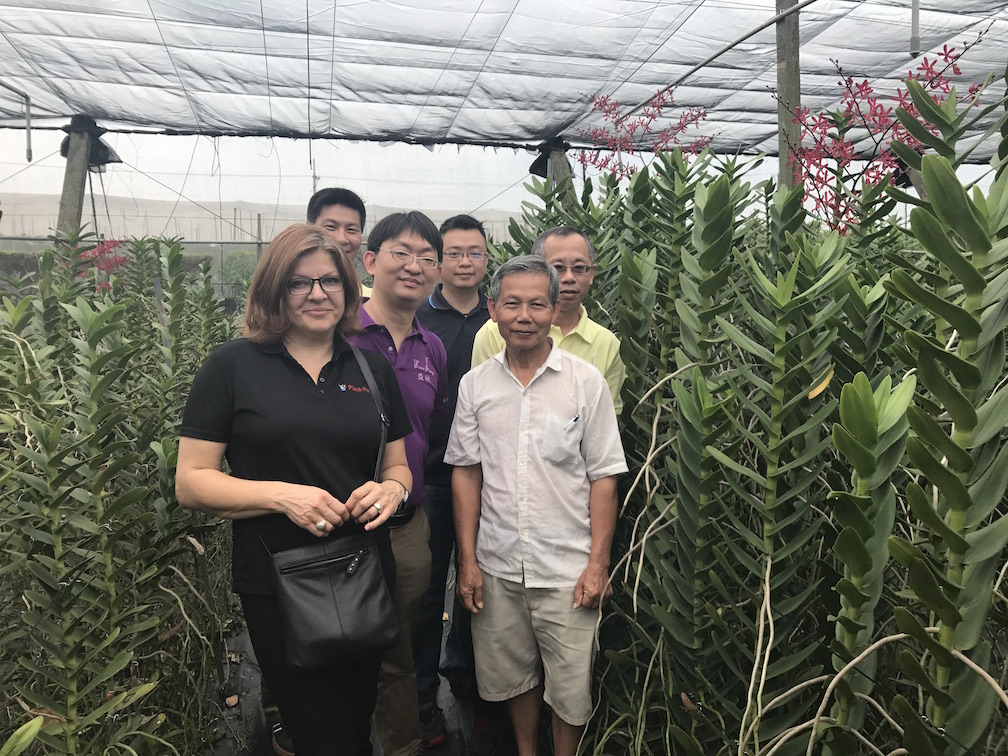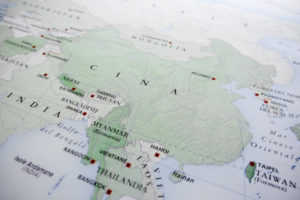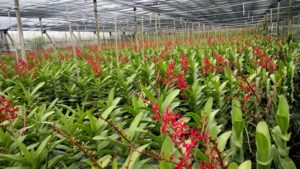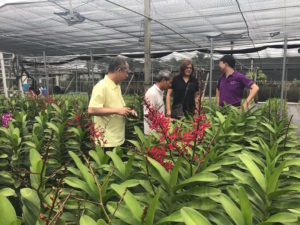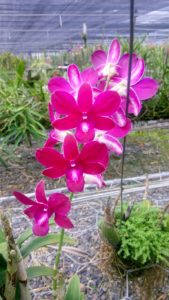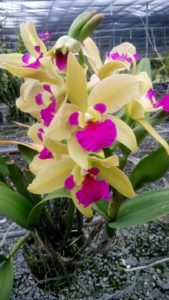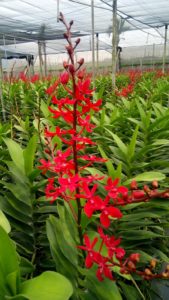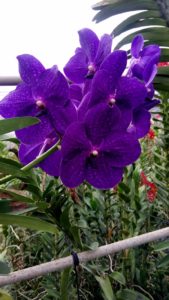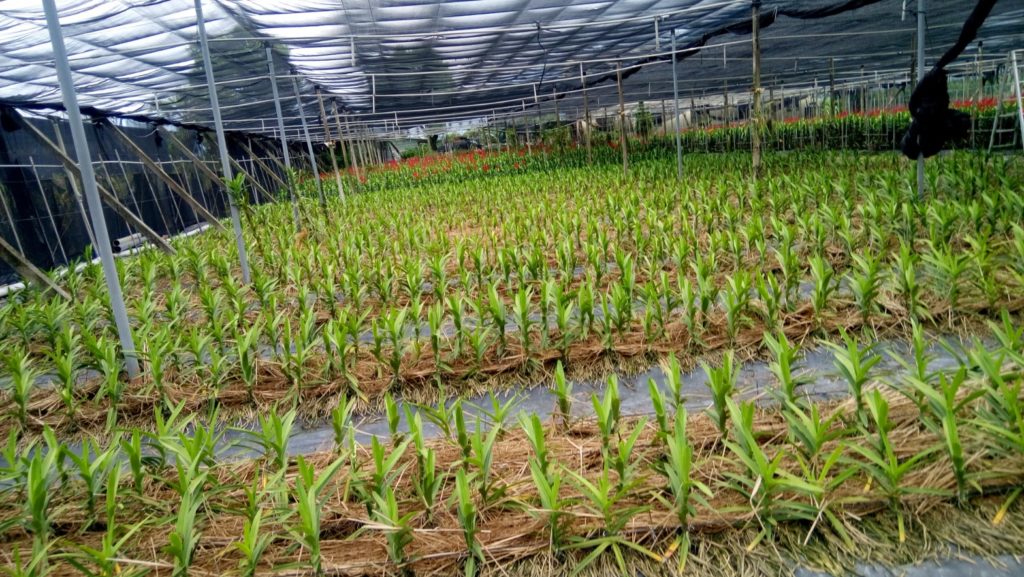The Problem With Hyperaccumulators: How to tell if you have contaminants in your Cannabis product.
Plants with the capability of accumulating heavy metals above concentrations that would typically cause harm or toxicity in plants are known as hyperaccumulators. Cannabis is a well-known hyperaccumulator with the ability to remove heavy metal contaminants from soils. This characteristic is desirable for soil remediation but troublesome when cannabis is grown for consumption.
If the nutrients you use are contaminated with heavy metals, your buds will be accumulating these heavy metals, exposing those who consume them.
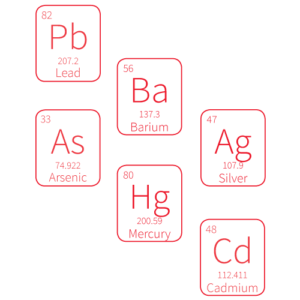
The Problem: Cannabis Is A HyperAccumulator Of Heavy Metal Contaminants
Plants with the capability of accumulating heavy metals above concentrations that would typically cause harm or toxicity in plants are known as hyperaccumulators. Cannabis is a well-known hyperaccumulator with the ability to remove heavy metals contaminants from soils. This characteristic is desirable for soil remediation but troublesome when cannabis is grown for consumption.
If the nutrients you use are contaminated with heavy metals, your buds will be accumulating these heavy metals, exposing those who consume them.
How can you tell if you have heavy metal contaminants in your final cannabis product?
We care about heavy metals just as much as you do
Licensed producers of cannabis are required to test their finished products for heavy metal contaminants. Plant-Prod® is pleased to make heavy metal analysis results available to growers for our Plant-Prod MJ™ water soluble cannabis fertilizers line. When cannabis growers are aware of heavy metal levels in their crop inputs, they can anticipate potential levels within their buds.
Outsourced analysis of Plant-Prod Cannabis Fertilizers’ heavy metal concentrations:

Links to older blogs or related webpages
Want to learn about improving your cannabis plant productivity? Download our Cannabis Fertilizer Growers Handbook and learn how to get 5X more buds with 80% less fertilizer.
Or learn How To Use Plant-Prod Cannabis Fertilizers With A Two-Part A&B Nutrient System
Plant-Prod is a manufacturer of water soluble cannabis fertilizers. The choice of growers from California to Maine for over 70 years, we formulate with everything from chelated iron, to calcium nitrate and zinc fertilizer in order to help you get bigger buds for your buck. Click here to find a Plant-Prod cannabis fertilizer supplier near you.

